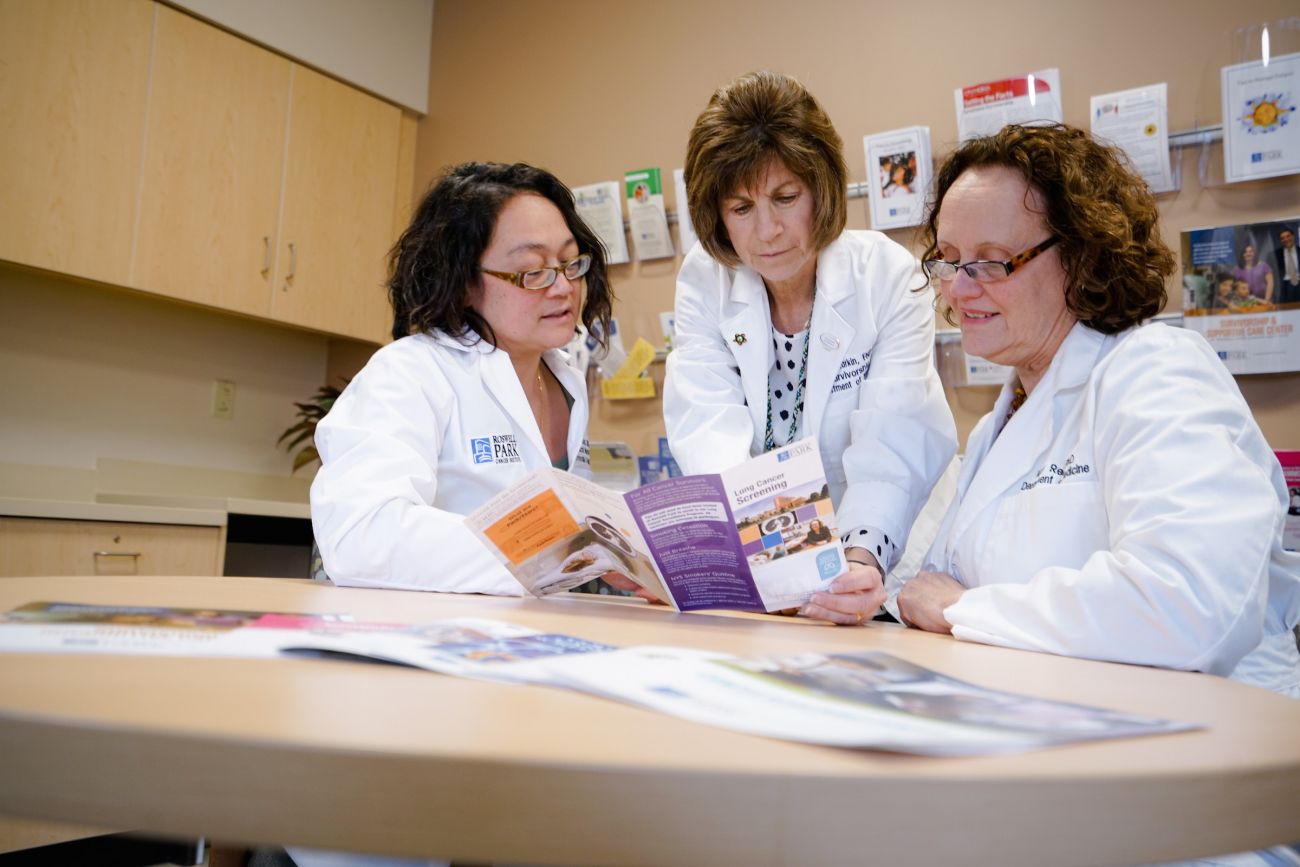It's estimated that almost 1.9 million new cases of cancer will be diagnosed in 2021 in the United States alone. Thanks to advances in screening and treatment, a patient diagnosed with cancer this year is more likely than ever before to survive the disease. As the population of cancer survivors grows, so does our knowledge of the unique challenges faced by those living with and surviving cancer, including the risk of developing a new cancer.
A 2018 study suggests that cancer patients and survivors have special needs when it comes to screening. The study looked at five years’ worth of data from the National Cancer Institute’s SEER program, which collects vital information about patients diagnosed with cancer, including the tumor site, stage and treatments used. The researchers found that as many as one in four people diagnosed with cancer between 2009 and 2013 had survived another type of cancer in the past. This raises an important question: Does having one type of cancer — even if it is successfully treated — increase your risk of developing a new, unrelated cancer in the future? In other words, does cancer increase the risk of cancer?
This is not an easy question to answer. Many different factors work together to cause cancer, making it an extremely complex disease. There is a genetic component (any risks you inherit) and an environmental component, which includes your lifestyle, diet and the different things you’re been exposed to over the years.
Cancer treatment can also contribute to future cancer risk, because radiation and certain chemotherapy drugs can damage healthy cells, but this has become much less of a concern over the years. We treat cancer much differently from the way we did 50 years ago, and treatments have become much more targeted and less toxic.
Never miss another Cancer Talk blog!
Sign up to receive our monthly Cancer Talk e-newsletter.
Sign up!Although cancer can strike more than once, in many cases, the second cancer develops simply because of aging, which remains the biggest risk factor for cancer. The longer you live, the greater your chance of developing any type of disease. In fact, in the study mentioned above, a cancer survivor’s risk of developing a new cancer was lower (one in 10) if they were younger than 65. However, pediatric cancer survivors should still be aware of their risk factors and the guidelines for screening.
In many cases, it's possible that a second cancer will arise if the underlying health issue is not addressed. Nearly half of all cancers are caused by unhealthy lifestyle choices, such as smoking, poor diet, excessive sun exposure and drug and/or alcohol abuse. The good news is that taking charge of your health will decrease your risk of getting cancer, because those lifestyle factors are within your control.
In some cases, cancer is driven by a genetic mutation that puts you at higher risk for other types of cancer, so it's important to know whether you have that risk. For example, if you have a personal or family history of breast cancer and carry the BRCA2 mutation, we might recommend additional cancer screenings.
The findings of this study highlight the special needs of cancer patients and the importance of regular checkups, surveillance and screenings. Our survivorship program addresses the specific issues faced by cancer patients, survivors and their families. We are here to help patients and survivors adjust to "the new normal" after cancer.
Cancer patients and survivors might be tempted to postpone or avoid their cancer screenings and health checkups. After going through many rounds of challenging and perhaps painful treatments, many survivors experience anxiety and depression. They have invested all their time and energy into beating cancer, and they no longer want to worry about their cancer coming back or a new disease emerging. This is more than understandable, but the reality is that if you survive cancer, eventually you will need to resume your regular screenings and appointments with your primary care provider.
When we see a new patient in our Survivorship & Supportive Care Center, our goal is to assess not just their physical health and screening needs but also their overall quality of life. We offer a wide variety of support services to survivors of any age, including psychotherapy, occupational and physical therapy, fertility counseling, sleep management, tobacco cessation, genetic counseling and testing and nutrition counseling.
For more information, or to schedule a screening today, contact our Cancer Screening Center at 1-800-ROSWELL (1-800-767-9355).
